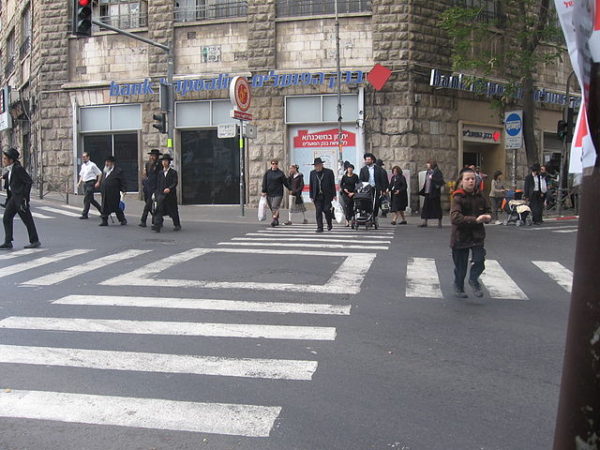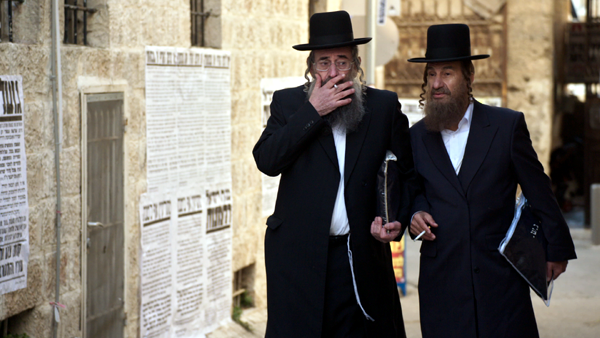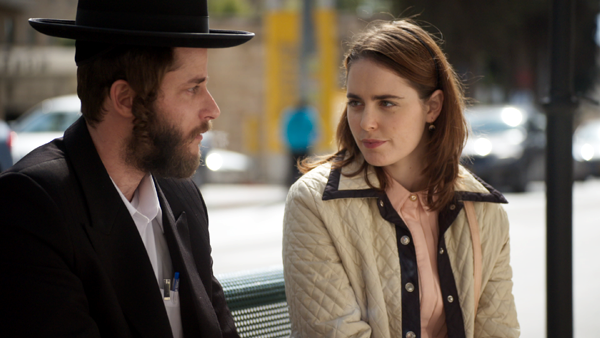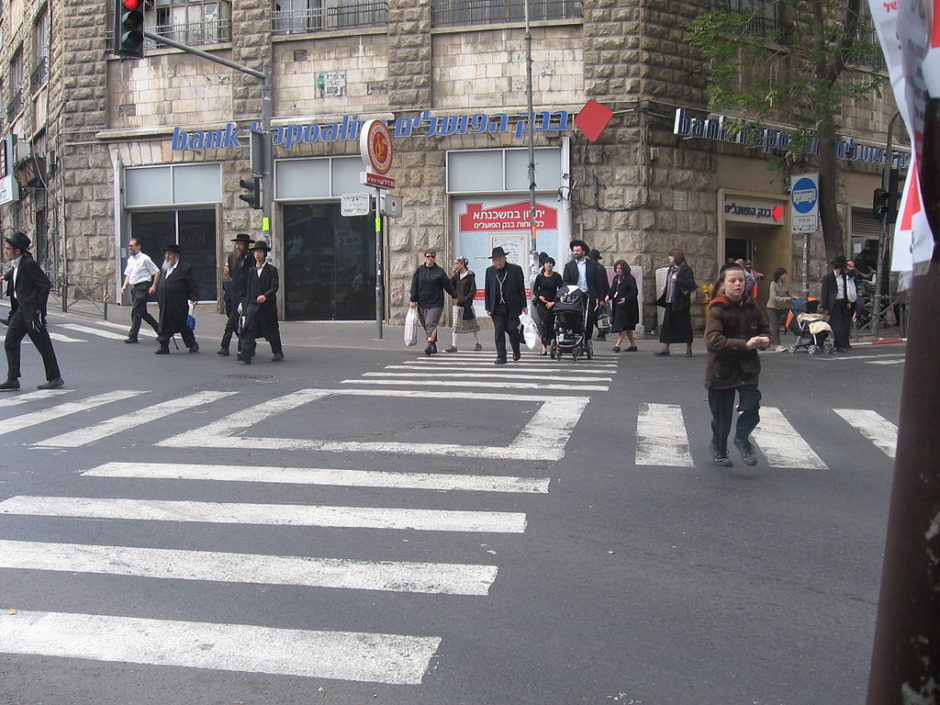The ultra-Orthodox Jews of Jerusalem’s Mea Shearim neighborhood are an island onto themselves. Fanatically observant and utterly disdainful of Israeli secular society, they’re intensely insular and obsessively self-absorbed.

To the vast majority of Israelis, these pre-modern Jews are virtually strangers. They may as well be Martians, but they’re Israelis.
Shtisel, an Israeli television drama which has acquired quite a following, delves into their lives without making value judgments. Alon Zingman, the director, throws open the blinds concealing this cloistered community.
What we see are normal people with different customs and priorities struggling with the typical demands of life. Judging by the first few episodes, viewers probably will not be disappointed. This is a first-rate series in terms of story line, production expertise and performances.
Thanks to the Toronto Jewish Film Foundation and the Anne Tanenbaum Centre for Jewish Studies of the University of Toronto, the first four episodes of the second season will be screened starting on Sunday, November 6 at 2 p.m. at Innis Town Hall. Episodes five through eight will be shown on November 13. Episodes nine through twelve will follow on November 27, all beginning at 2:00 p.m.
By any yardstick, the cast has been well chosen.

Shulem (Dov Glickman), the main character, is a rabbi and principal of a Jewish day school. A widower, he’s the father of two grown children, Akiva (Michael Aloni) and Giti (Neta Riskin). Akiva, a teacher at the school, lives with his father in a cramped apartment. Giti, married to Lipa (Zohar Strauss), has a brood of children.
As the first episode starts, Shulem’s younger brother, Nuchum (Sasson Gabai), returns to Israel from an extended stay in Antwerp, which has a sizeable haredi community. Nuchum’s unmarried adult daughter, Libi (Hadas Yaron), has come back with him. It won’t be long before Nuchum looks for a matchmaker to fix up Libi, an attractive woman, with a suitable husband.

Nuchum’s quest is but one strand in the fabric of the narrative.
Lipa jumps at the chance to earn $50,000 for naming his new-born son after a total stranger, a religious Jew who has just passed away. Giti dislikes the idea, but Lipa regards it as a golden opportunity to fatten their bank account.
Shulem’s mother, Malka (Lea Koenig Stolper), lies comatose in a hospital bed. When she awakens from her slumber, she shows signs of senility. Shulem and Nuchum argue over the disposition of their mother’s apartment.
Akiva, an artist at heart, takes his collection of drawings to an art gallery, only to be rudely rebuffed. Libi encourages him to persevere. Although Akiva and Libi are first cousins, they appear to be interested in each other romantically. Shulem thinks they’re made for each other, but Nuchum begs to differ. In the meantime, Libi meets a new suitor.
Giti gives birth to a boy, but she suffers from post-partum stress. It soon becomes apparent why she’s fallen into the slough of despondency.
As these events transpire, Giti’s 16-year-old precocious daughter, Ruchami (Shira Haas), falls madly in love with an earnest yeshiva student she doesn’t even know. Ruchami’s impulsiveness creates a crisis in her family.
These episodes succeed in humanizing haredim, and I suppose the rest build on that foundation. I enjoyed watching Shtisel and look forward to watching more of its world unfold.
